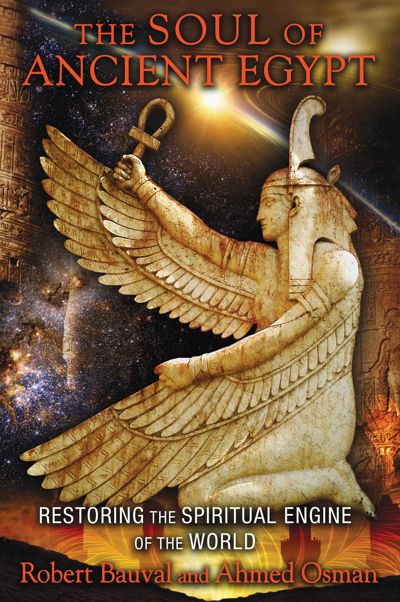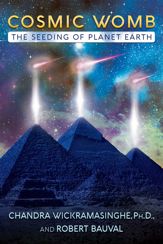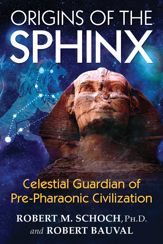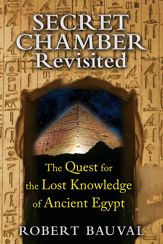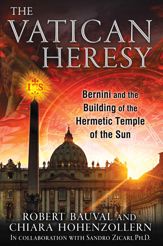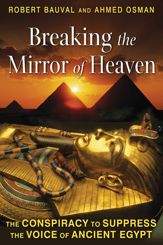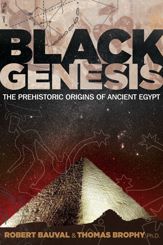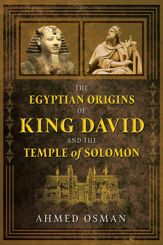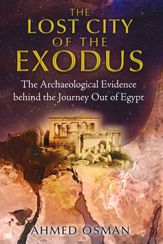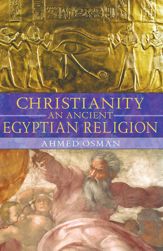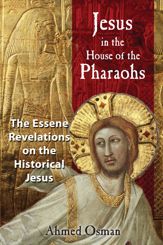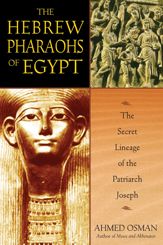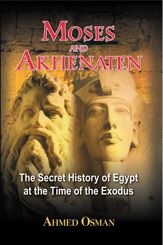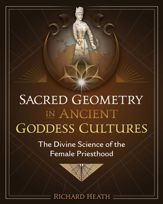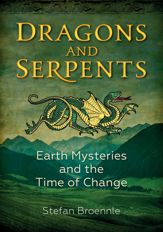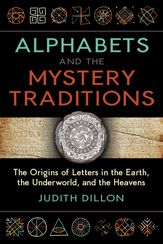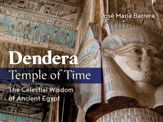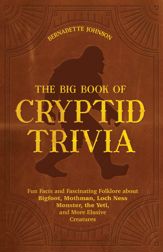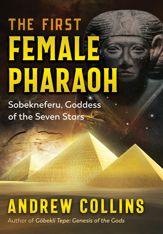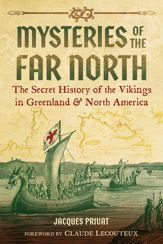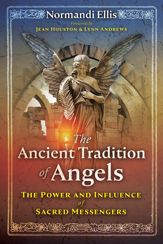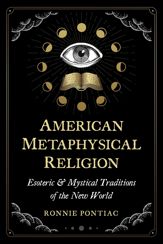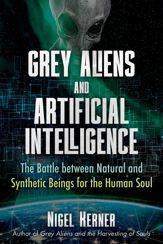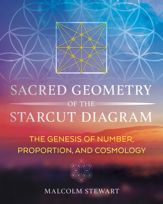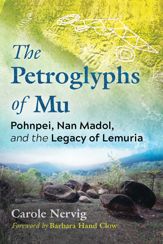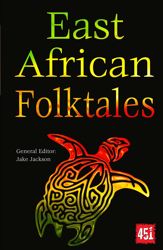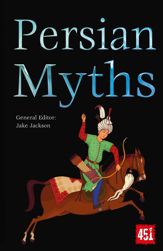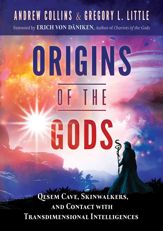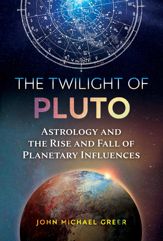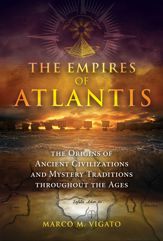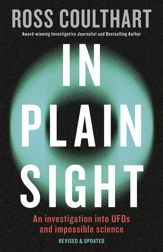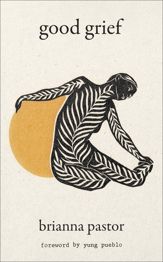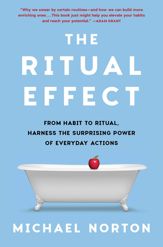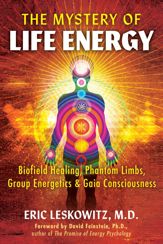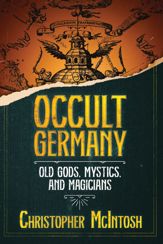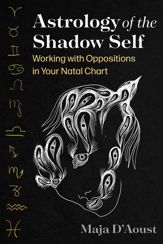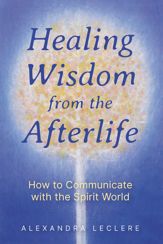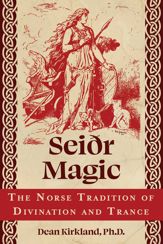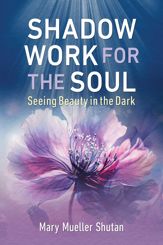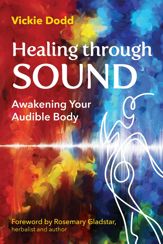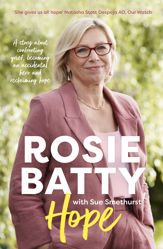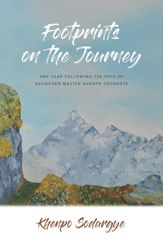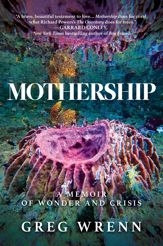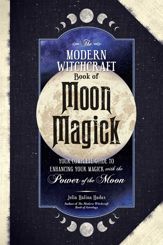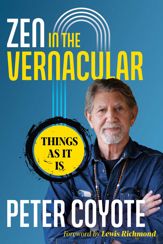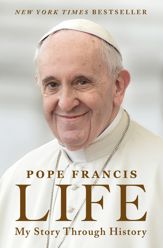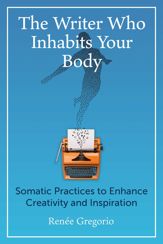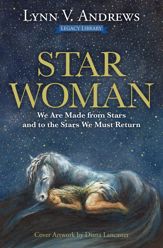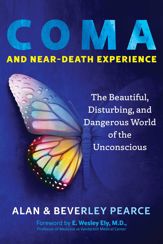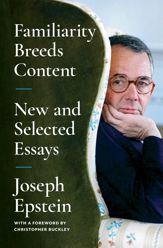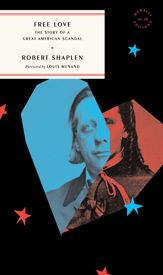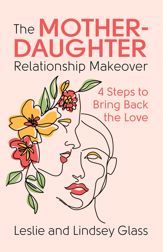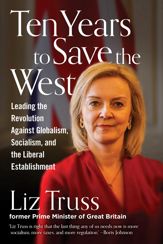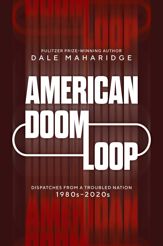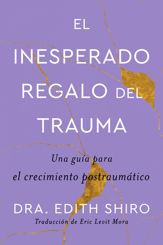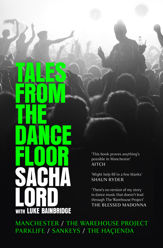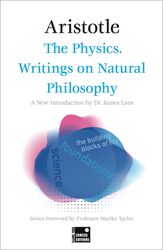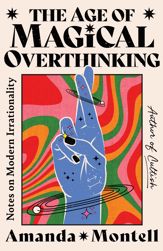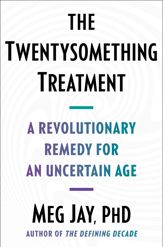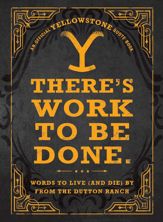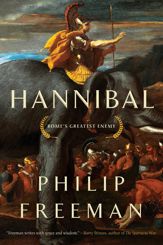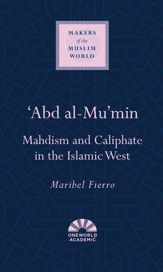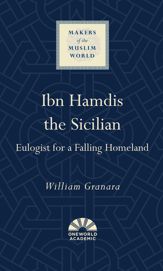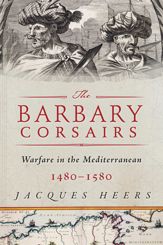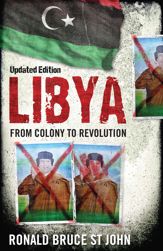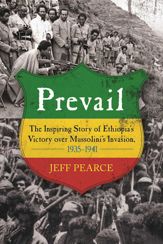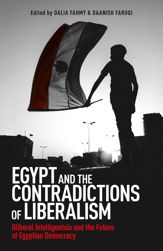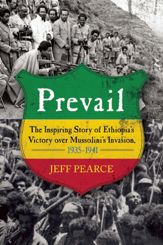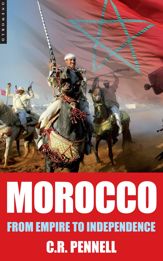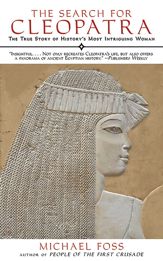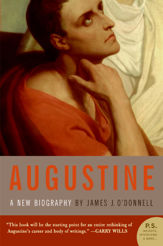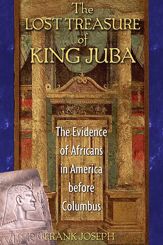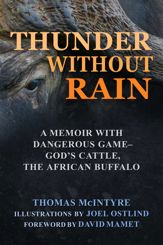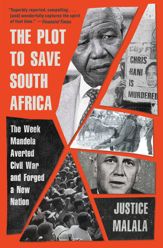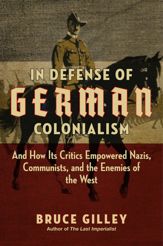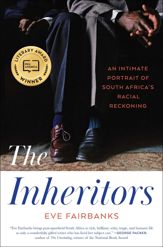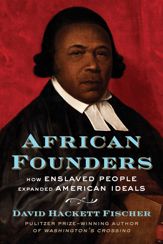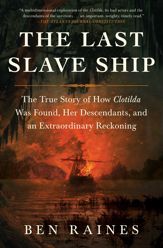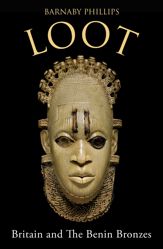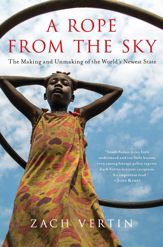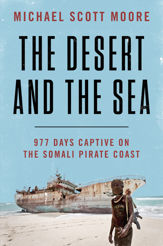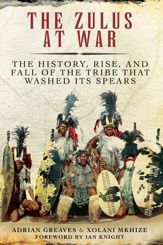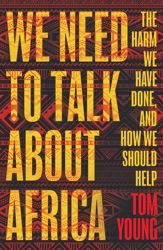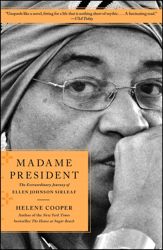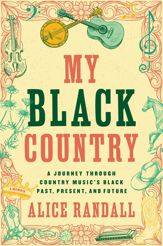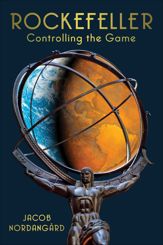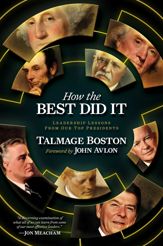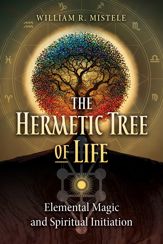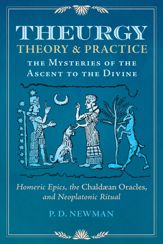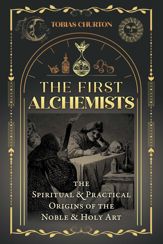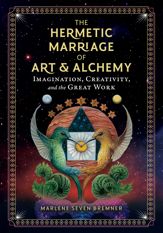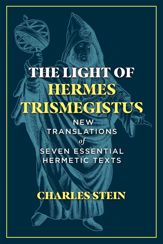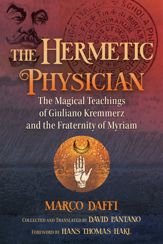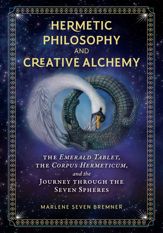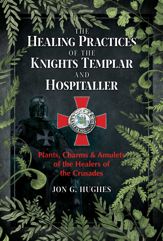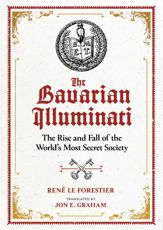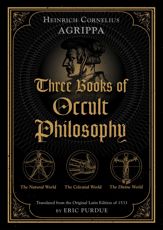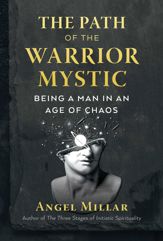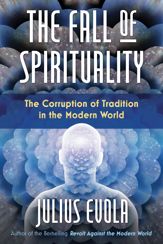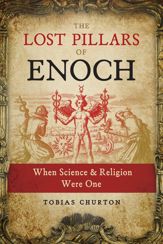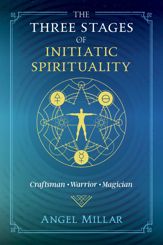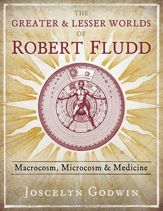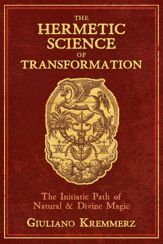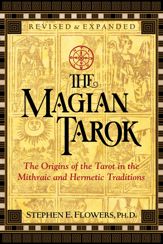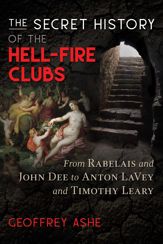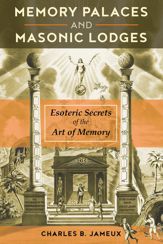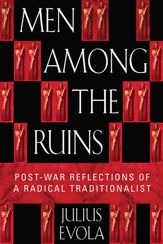“When you hear about a new book by Robert Bauval, you know you are in for a treat. Trying to understand how the ancient Egyptians viewed the world in which they existed has been a long-held goal of Egyptology. Bauval and Osman set out to reveal that golden thread of Egyptian religion and philosophy, as it winds its way through human history, long after the civilization of the pharaohs fell into ruin.”
Description
An examination of the cultural occupations of Egypt over the past two millennia and how we can return to the sacred harmony of ancient Egypt
• Explores the golden civilization of ancient Egypt and its system of natural magic that birthed the Western Mystery tradition
• Examines each phase of Egyptian history from the Pharaonic period, through the Roman conquest, to the ongoing Islamization
• Provides a revised portrait of the life of Muhammad, revealing his connections to the Essene tradition
Imagine the paradise of ancient Egypt: a lush green valley with a gentle river, full of animals and birds of all sizes. The first settlers, arriving by way of the desert, would have marveled at this beautiful landscape. This awe held on through the first three millennia of settlement in Egypt. Centered on careful observations of the natural rhythms of their environment, particularly the Nile, this enlightened civilization lived in a state of spiritual balance and harmony they called “living in Maat.” This state was further enhanced by the sacred landscape of Egypt and the colossal monuments and pyramids the Egyptians built to reflect the heavens, thus creating a cosmic “spiritual engine” for the ancient world. But sadly, the paradise and Maat of ancient Egypt were not to last, and for the past two thousand years Egypt has experienced many occupations by hostile forces bent on taking control of this magical land.
Exploring the exemplary social and cultural model that produced the golden civilization of ancient Egypt as well as the many waves of conquest and destruction up to the present day, Robert Bauval and Ahmed Osman examine each phase of Egyptian history from its origins and the Pharaonic period, through the Roman conquest and its Christianization, to the Pan-Arabization of Nasser and the ongoing Islamization that began with the Muslim caliphate in the 7th century. They show how the current Islamic rulers are actively working to eradicate all traces of Egypt’s spiritual roots, the source of the Western Mystery tradition. They provide a revised portrait of the life of Muhammad, revealing his connections to the Essene tradition, and explain how most Sharia Law is not based on the Koran.
Revealing how even the dams built on the Nile are impeding Egypt’s sacred role, the authors sound the call for a return to the original tenets of Egyptian civilization, one that sustained itself in harmony and peaceful creativity for more than three millennia.
Reviews
“A positively vital addition to the historical bookshelf. The authors have created a perfect review of the heart of Egypt, from its predynastic beginnings to its age of the pyramids and beyond to its changing times right now. Written from an educated, enlightening perspective by two men whose genuine passion for Egypt seems never ending.”
“In a new collaboration following their book Breaking the Mirror of Heaven (20/01), Robert Bauval and Ahmed Osman, both Egyptian born, call for a return to the tenets that held ancient Egyptian civilization intact for 3,000 years. These were based on "living in maat", in spiritual harmony and physical balance with the heavens and Earth; it was a natural "religion" that reflected the rhythms above and below. The Nile was a barometer, its annual flooding heralded in the stars and fertilizing the land. Fast forward, and that sacred influence was impeded by the construction of dams and a lake; the fertility of the land fell into decline.
The authors cover the rise of early Christianity and the Copts, the Islamization of Egypt in a Muslim caliphate in the seventh century, Napoleon's failed incursion, and colonization by foreign powers--with a fair few Egyptian rulers leading their country towards bankruptcy. They then examine the rise of the Muslim Brotherhood and key events surrounding the rules of presidents from Nasser, Sadat and Mubarak to Morsi and el-Sisi. They point to the huge challenges that lie ahead with overpopulation, environmental degradation, social and cultural problems, and economic woes.
But Bauval and Osman see a way beyond 2,000 years of suppression to restore the ancient balance between order and justice. They urge Egyptians to connect with their original soul identity and the golden legacy that's all around them.”
“Mr. Bauvel and Mr. Osman make sense of the complex multi-cultural history of Egypt and end their book with a sense of hope for the country--a rekindling of the ancient Egyptian soul.”
